Introduction
The kidneys are among the most important organs in your body, playing a crucial role in keeping your blood clean and maintaining fluid balance. They filter out waste and remove excess water from your body, producing urine. To ensure your kidneys stay healthy, it’s essential to adopt certain habits and lifestyle changes. In here, we will explore expert recommendations to maintain optimal kidney health.
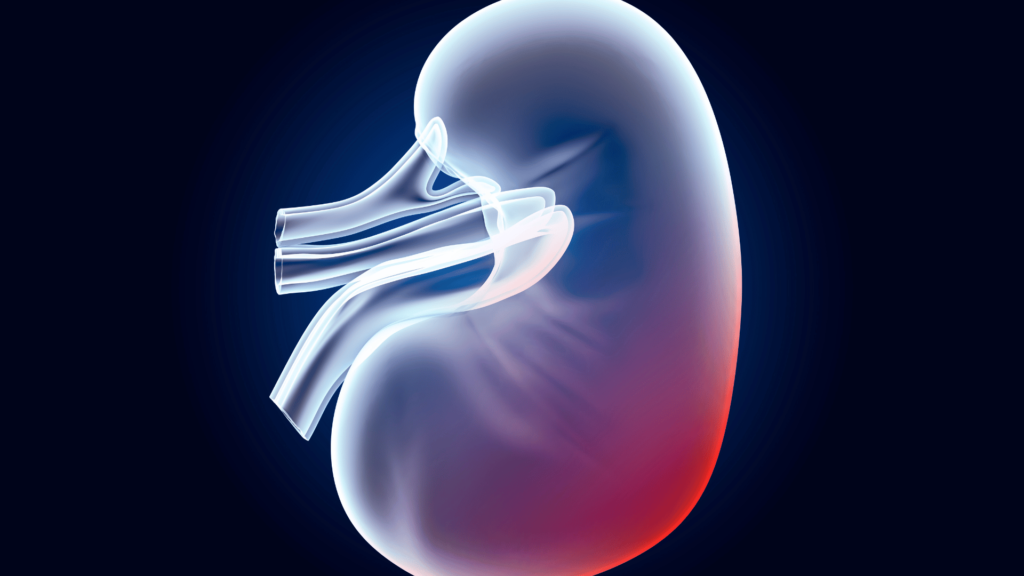
Why Kidney Health Is Important
Your kidneys do much more than just make urine. These small, bean-shaped organs are responsible for:
- Filtering Waste: They remove toxins and waste products from your blood, sending them out of the body through urine.
- Balancing Fluids: They help regulate the body’s fluid balance by removing excess water and keeping just the right amount.
- Regulating Blood Pressure: Kidneys play a role in controlling blood pressure by adjusting the levels of certain hormones and salts in your blood.
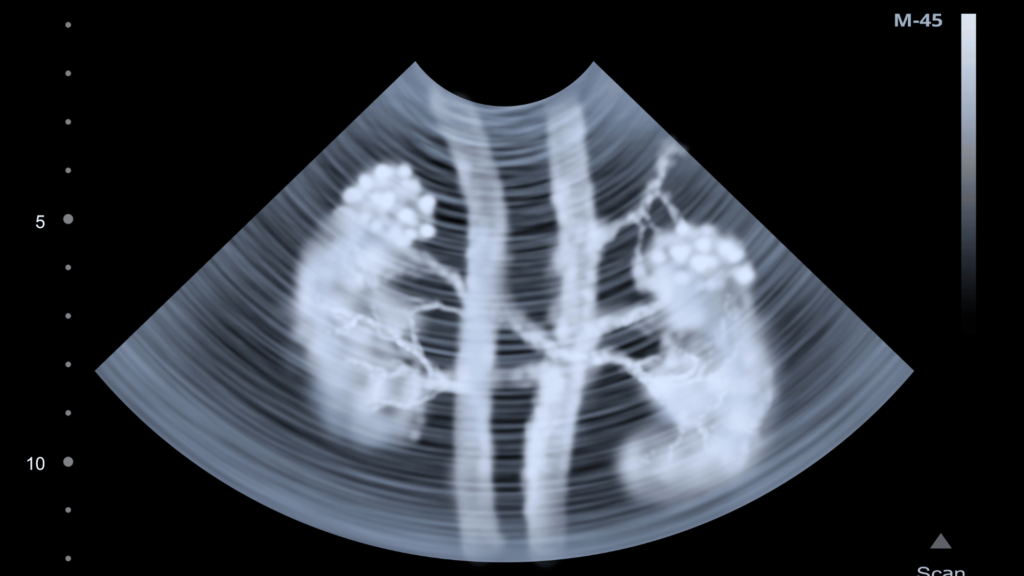
- Maintaining Electrolyte Balance: They help maintain the proper levels of essential electrolytes like sodium, potassium, and calcium, which are necessary for many bodily functions.
- Producing Vital Hormones: Kidneys produce hormones that help with red blood cell production and bone health.
The Risks of Poor Kidney Health
When your kidneys don’t work properly, waste builds up in your blood, which can lead to serious health issues like chronic kidney disease (CKD), kidney failure, high blood pressure, and heart disease. Keeping your kidneys healthy can prevent these problems.
Dietary Changes for Kidney Health
Making small changes to your diet can have a big impact on your kidney health. Let’s look at some simple yet effective dietary tips.
1. Stay Hydrated

Water is essential for kidney function. It helps the kidneys remove toxins and waste from the body. Not drinking enough water can lead to dehydration, which puts stress on your kidneys. Health experts recommend:
- Drink enough water: Aim for at least 8-10 glasses a day.
- Avoid sugary drinks: Sugary beverages like soda and fruit juices can lead to weight gain and high blood sugar, both of which can harm the kidneys.
- Eat water-rich foods: Eat fruits and vegetables that are high in water content, such as cucumbers, watermelon, and strawberries. These can help keep you hydrated naturally.
How to Know If You’re Hydrated
A simple way to tell if you’re drinking enough water is to check the color of your urine. It should be light yellow or clear. If it’s dark, you probably need to drink more water.
2. Limit Salt Intake
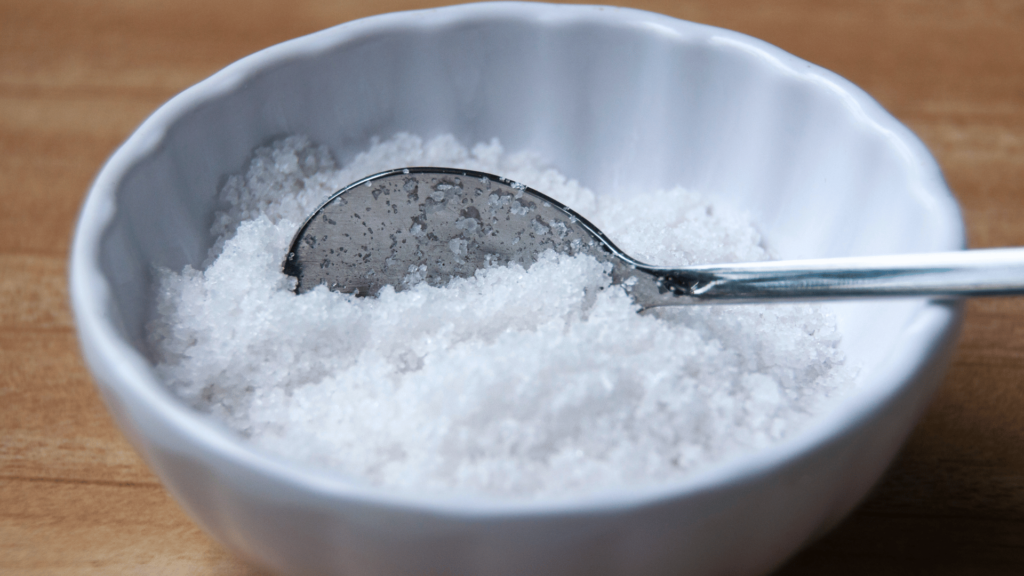
Too much salt (sodium) can raise your blood pressure, which is harmful to your kidneys. Reducing salt in your diet is one of the most effective ways to protect your kidney health. Here’s how to do it:
- Cut down on processed foods: Canned soups, frozen meals, and snacks often contain large amounts of hidden salt. Check the labels and choose low-sodium options.
- Use less salt in cooking: Instead of relying on salt, try using herbs and spices like garlic, pepper, rosemary, or basil to add flavor to your dishes.
- Avoid salty snacks: Chips, pretzels, and salted nuts can quickly add up in sodium. Opt for unsalted or low-sodium varieties.
3. Choose Healthy Proteins

Protein is necessary for your body to build muscle, repair tissue, and maintain overall health. However, too much protein can strain the kidneys, especially if you already have reduced kidney function. It’s important to choose the right sources of protein:
- Lean meats: Opt for chicken, turkey, or fish instead of red meats like beef or pork, which can be harder on your kidneys.
- Plant-based proteins: Foods like beans, lentils, tofu, and quinoa are excellent sources of protein that are easier on your kidneys.
- Moderate dairy: Dairy products are a good source of protein and calcium, but too much can contribute to kidney stones. Consume in moderation, and consider low-fat options like yogurt and skim milk.
Also Read: Why Colon Cancer Is Rising in Young People—and What We Can Do About It
4. Maintain a Balanced Diet

A well-balanced diet rich in fruits, vegetables, whole grains, and low-fat dairy supports kidney health and provides the body with essential nutrients. Some key recommendations include:
- Eat more fruits and vegetables: They are full of vitamins, minerals, and antioxidants that help protect your kidneys.
- Choose whole grains: Whole wheat bread, brown rice, and oats are healthier choices than refined grains like white bread and pasta.
- Limit added sugars and unhealthy fats: Minimize foods that are high in sugar, such as candy and sugary snacks, and avoid fried or fatty foods.
If you have existing kidney issues, working with a dietitian can help you create a kidney-friendly meal plan that meets your specific needs.
Lifestyle Changes for Kidney Health
In addition to diet, making positive lifestyle changes can significantly improve your kidney function and overall well-being.
1. Exercise Regularly

Exercise is one of the best ways to keep your kidneys—and the rest of your body—healthy. Physical activity helps maintain a healthy weight and lowers blood pressure, both of which are important for kidney function.
- Aim for 30 minutes a day: Try to get at least 30 minutes of moderate exercise, like walking, biking, or swimming, most days of the week.
- Include strength training: Building muscle through strength training exercises (using weights or resistance bands) twice a week can also benefit kidney health.
- Stay active in small ways: Even simple activities like gardening, taking the stairs, or stretching can help keep your kidneys healthy.
2. Avoid Smoking and Excessive Alcohol

Both smoking and heavy drinking can severely damage your kidneys over time. Here’s why:
- Smoking: It reduces blood flow to the kidneys, impairing their ability to function properly. It also increases the risk of kidney cancer.
- Excessive alcohol: Drinking too much alcohol can lead to dehydration, high blood pressure, and liver damage—all of which affect kidney health.
If you smoke, consider quitting. Many resources, including counseling and nicotine replacement therapies, are available to help. When it comes to alcohol, limit yourself to moderate drinking—no more than one drink per day for women and two drinks per day for men.
3. Manage Blood Pressure
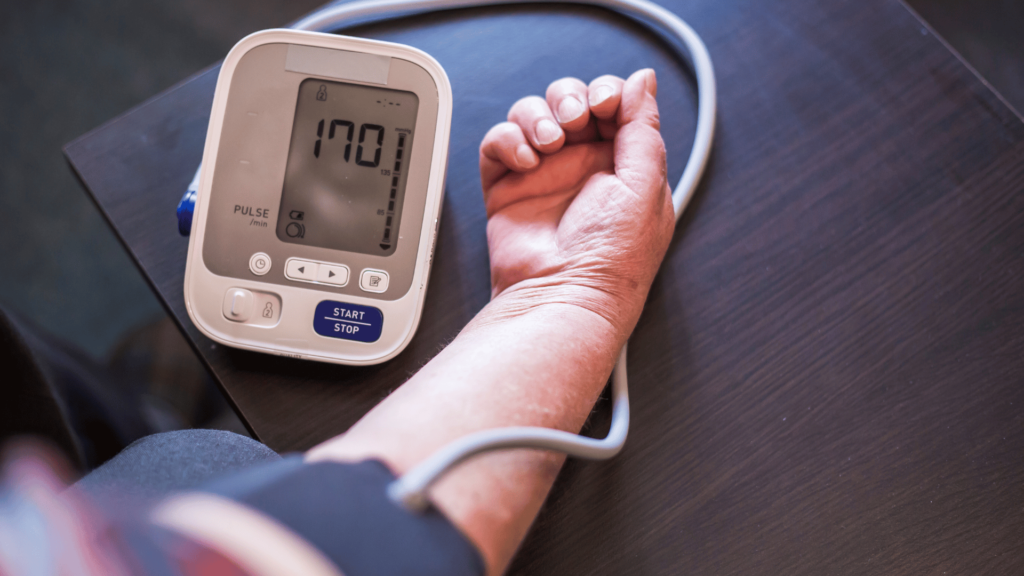
High blood pressure is one of the leading causes of kidney disease. Keeping your blood pressure in check can prevent kidney damage. Here are some steps to manage your blood pressure:
- Eat a balanced diet: A diet rich in fruits, vegetables, and whole grains and low in salt can help lower blood pressure.
- Exercise regularly: Physical activity helps keep your blood pressure in a healthy range.
- Take your medication: If you have high blood pressure, make sure to take any prescribed medication as directed by your doctor.
Also Read: 8 Common Ovarian Cancer Signs That You Should Never Ignore
4. Monitor Blood Sugar Levels
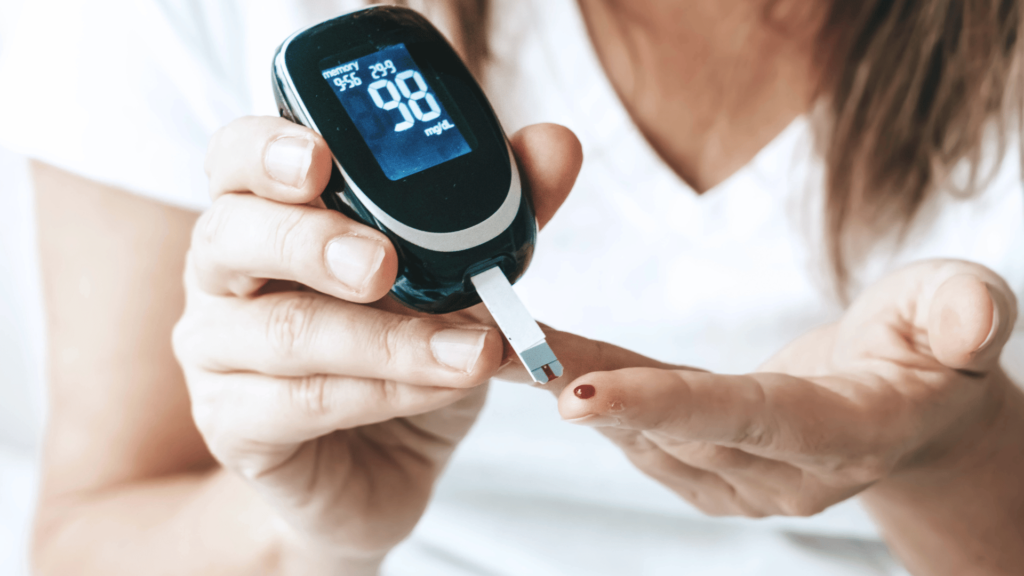
Diabetes is another major cause of kidney disease. When blood sugar levels are high, they can damage the kidneys over time. Keeping your blood sugar within a healthy range is critical to protecting your kidney health:
- Check your blood sugar regularly: If you have diabetes or pre-diabetes, monitor your blood sugar levels to ensure they stay within a healthy range.
- Eat a healthy diet: A diet that is low in processed sugars and carbohydrates can help manage blood sugar levels.
- Take prescribed medications: If you have diabetes, follow your doctor’s instructions regarding insulin or other medications.
5. Regular Medical Check-Ups

Regular check-ups with your healthcare provider can catch kidney issues early, allowing you to take action before they become serious. Health experts recommend:
- Annual physical exams: Make sure to get a yearly check-up to monitor your overall health.
- Blood and urine tests: These tests can help detect early signs of kidney damage by measuring how well your kidneys are filtering blood and removing waste.
- Consult a nephrologist if needed: If you have risk factors like high blood pressure, diabetes, or a family history of kidney disease, seeing a kidney specialist (nephrologist) can help ensure your kidneys stay healthy.
Conclusion
Kidneys are vital to your overall health, so it’s essential to take care of them. By adopting healthy eating habits, staying physically active, avoiding harmful substances, and getting regular medical check-ups, you can keep your kidneys functioning at their best.
Remember, the key to kidney health is prevention. Making small changes today—like drinking more water, eating a balanced diet, or taking a 30-minute walk—can have long-term benefits for your kidneys. And if you have any concerns about your kidney health, don’t hesitate to reach out to your healthcare provider for personalized advice. Your kidneys work hard to keep you healthy—make sure you’re doing your part to keep them healthy, too.




